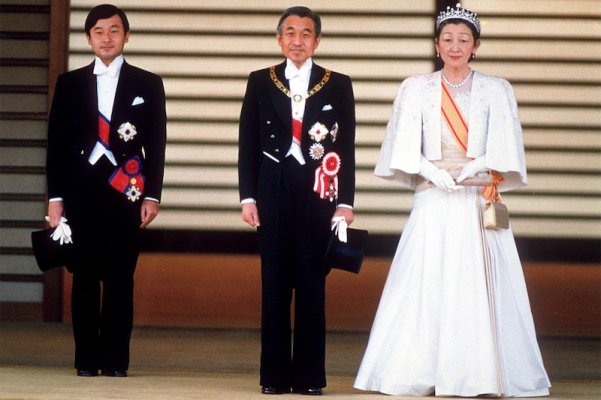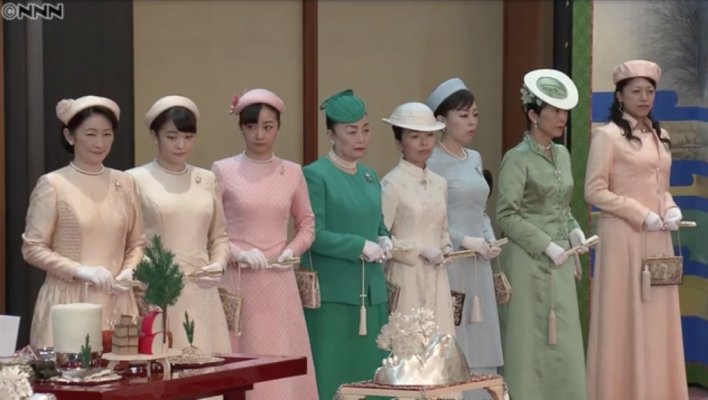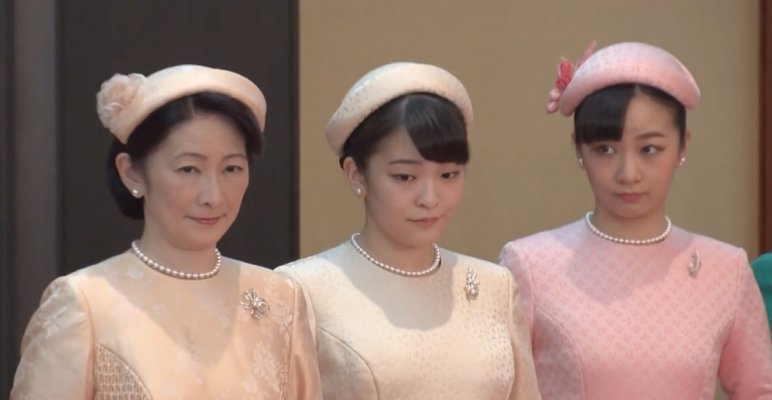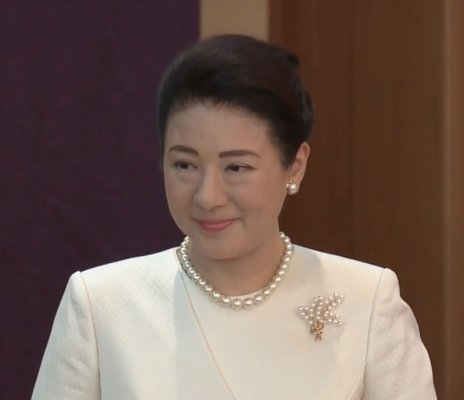The evening before Emperor Naruhito’s enthronement parade, the square in front of the Imperial Palace in Tokyo resounded with fervent chants of "banzai" that seemed to last an eternity.
[...]
In closing, Bunmei Ibuki, former speaker of the Lower House and chairman of the Celebration Committee of the His Majesty the Emperor’s Accession to the Throne, took to the stage with other political leaders and shouted, "Here's to world peace." He then followed up with the chant, "Tenno Heika Banzai" (Long Live His Majesty!).
[...]
The imperial pair left the venue shortly after, but the banzai chant continued at least 48 times.
As the excitement unfolded outside the palace, viewers taking in the event on TV started chiming in on social media, with one posting, "This endless banzai is frightening."
“Can’t they stop it already?” another added.
[...]
Supporters of the chant saw it otherwise, however, with one saying, "What's wrong with expression of worship and congratulations (to the imperial couple)?"
Another wrote, "It gave me a sense of unity."
[...]
Before the imperial couple appeared in front of the well-wishers, a fictional "origin story" for the imperial lineage was told.
The presentation included an explanation that more than 2,600 years have passed since the "enthronement" of the nation's first emperor, Jimmu, whose existence is uncertain.
The organizer also introduced a myth about the creation of Japan from the eighth century "Kojiki" (Records of Ancient Matters).
The event was organized by several groups, including Ibuki's committee comprising Diet members, and business and private-sector groups such as Keidanren (Japan Business Federation).
Conservative political group Japan Conference, which is seeking to revise the Constitution, also played a role in the planning.
[...]
"Banzai," which translates literally as "10,000 years," is occasionally used in celebratory occasions.
However, its use as an expression of reverence to the emperor dates to 1889, on the day the Constitution of the Empire of Japan, also known as the Meiji Constitution, was promulgated.
According to a memoir by Reijiro Wakatsuki (1866-1949), who twice served as prime minister in the early 20th century, no phrases existed to hail the emperor until that time, with people simply bowing in a gracious manner.
Some university professors and others were not satisfied with that and came up with the banzai chant.
[...]
Hideya Kawanishi, an associate professor of Japanese history at Nagoya University Graduate School of Humanities, suggested that an extended banzai chant is "a reflection of an appetite among conservatives to boost the emperor's authority, like in the prewar era."
By featuring pop idols and other artists, they carefully set up the event to draw in young people and others who might otherwise not be interested in imperial family-related matters, Kawanishi added.
[...]



 That in comparison to the tradition-conscious and minimalistic enthronement ceremonies last month, yesterday's enthronement festival seems to have been an electrifying, vibrant, public celebration of modern Japan (just see the stunning images/video in
That in comparison to the tradition-conscious and minimalistic enthronement ceremonies last month, yesterday's enthronement festival seems to have been an electrifying, vibrant, public celebration of modern Japan (just see the stunning images/video in 


